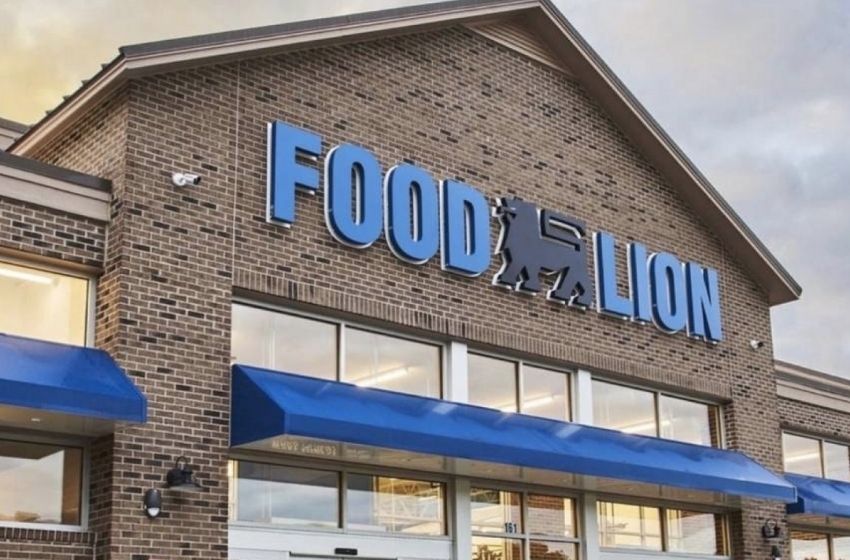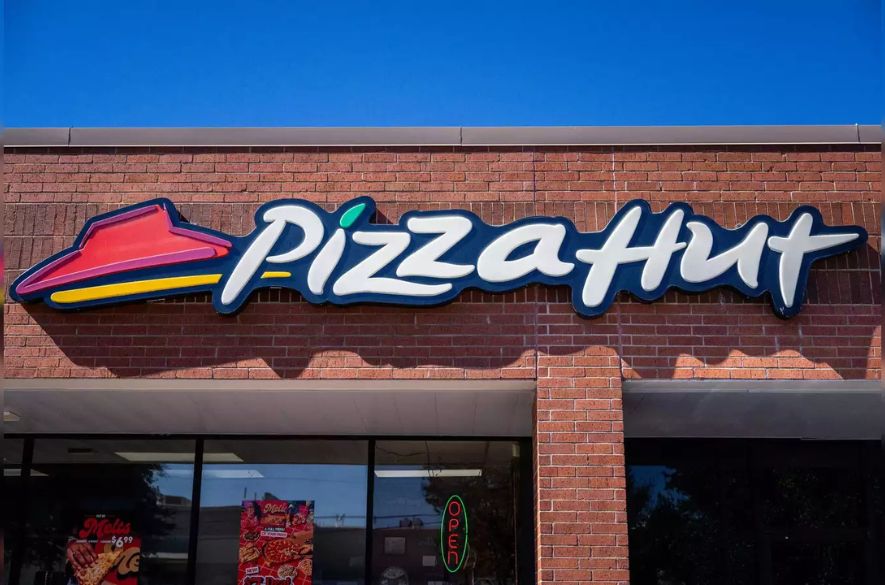
Introduction to Food Lion
Food Lion is a popular supermarket chain that operates over 1,100 stores in the United States. It is known for its affordable prices, wide selection of products, and convenient locations. But what many people may not know is the fascinating story behind this grocery giant.
Food Lion was founded in 1957 by Wilson Smith and Ralph Ketner in Salisbury, North Carolina. The two businessmen had a vision to create a store where customers could get high-quality groceries at low prices. They believed that by cutting costs, they could pass on the savings to the customers and create a successful business model.
In its early days, Food Lion was called "Food Town" and operated as a small chain with only ten stores. However, in 1983, it underwent a rebranding and became "Food Lion," which has remained its name ever since. This rebranding also marked the beginning of Food Lion's expansion across the Southeastern United States.
What sets Food Lion apart from other grocery stores?
Food Lion has become a household name in the grocery industry, but what sets them apart from other grocery stores? From their humble beginnings as a small family-owned business to becoming one of the largest supermarket chains in the United States, Food Lion has always stood out for its unique approach to serving customers and providing quality products.
1. Commitment to affordable prices: One of the core values that sets Food Lion apart is their commitment to providing affordable prices for their customers. The company's founder, Ralph Ketner, believed that everyone should have access to quality food at reasonable prices. This philosophy still holds true today, with Food Lion constantly striving to offer competitive prices on their products.
2. Community involvement: Food Lion takes great pride in being an active member of the communities they serve. The company has a long history of giving back through various initiatives such as their annual "Hunger Has No Season" campaign where they partner with local food banks and donate millions of meals each year. They also support local farmers by sourcing fresh produce and products from nearby farms, helping to boost the local economy.
The impact of Food Lion on the local community
Food Lion is not just a grocery store, but a beloved institution in many local communities. Since its humble beginnings in 1957, this supermarket chain has grown to become one of the largest and most well-known retailers in the United States. With over 1,000 stores across 10 states, Food Lion has had a significant impact on the local communities it serves.
In addition to providing affordable and convenient shopping options for residents, Food Lion also plays a crucial role in supporting the local economy. The company prides itself on sourcing products from local farmers and suppliers whenever possible, contributing to the growth and sustainability of small businesses in the area. By doing so, Food Lion not only ensures high-quality products for its customers but also helps create jobs and support local communities.
Challenges faced by Food Lion over the years
Over the years, Food Lion has faced a number of challenges that have tested the company's resilience and forced it to adapt in order to remain successful. From economic downturns to changes in consumer preferences, these challenges have shaped the company's journey and contributed to its growth.
One of the biggest challenges faced by Food Lion was the recession of the late 2000s. This period saw a significant decline in consumer spending and many businesses struggled to stay afloat. As a result, Food Lion had to adjust its pricing strategy and focus on offering more affordable options for customers. The company also streamlined its operations and reduced costs in order to maintain profitability during this difficult time.
Conclusion
Food Lion journey from a small family-owned grocery store to a major supermarket chain is truly fascinating. From their commitment to affordable prices and quality products, to innovative marketing strategies and community involvement, it is clear that Food Lion has remained true to its core values throughout the years. As they continue to adapt and evolve in an ever-changing industry, one thing remains constant – their dedication to serving their customers with excellence. The story of Food Lion serves as an inspiration for businesses big or small, showing that with hard work, determination, and a strong connection with the community, anything is possible.




